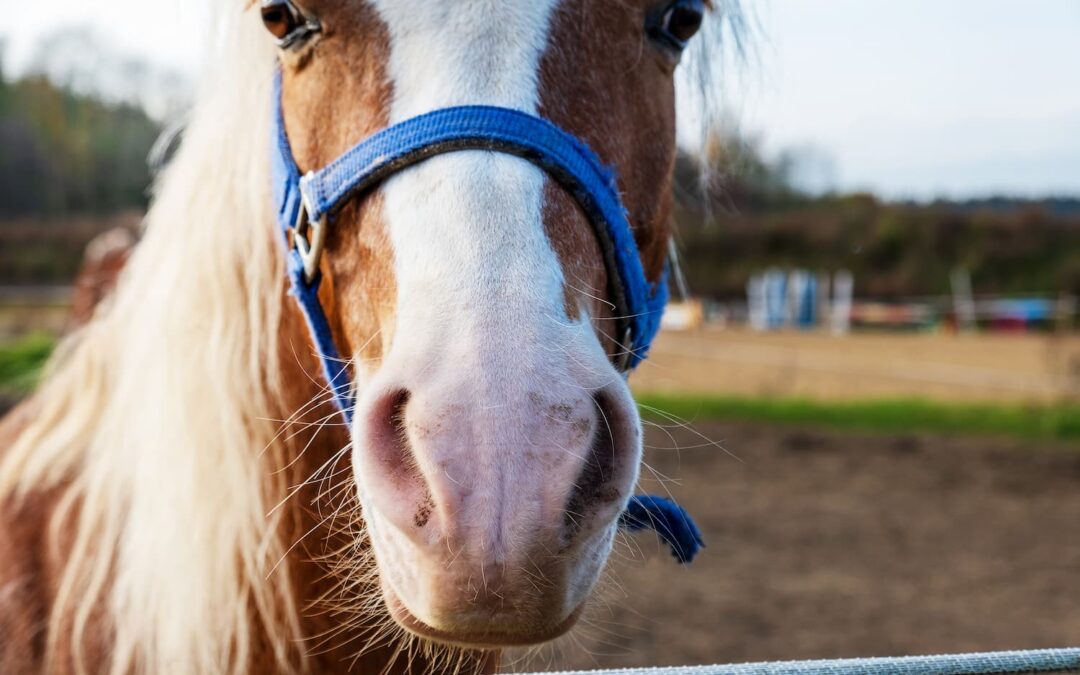The snow is melting, the birds are singing, and the pastures are starting to green up—spring has officially arrived in the tri-state area. As you pull off your horse’s winter blanket and start planning those long trail rides and upcoming competitions, it’s the perfect time to prioritize your horse’s health. A spring wellness check, complete with important vaccines and preventive care, helps ensure your horse stays healthy, happy, and ready to make the most of the warmer months.
Horse owners in Connecticut, Massachusetts, and New York know how quickly spring can bring changes. From shifting weather patterns to increased insect activity and new forage growth, this season plays a huge role in your horse’s overall well-being.
Why Your Horse Needs a Spring Wellness Exam
Just like us, horses benefit from routine checkups—and spring is one of the most important times of year to schedule one. After months of lower activity and limited turnout during the colder seasons, horses may have developed subtle changes in their health that are easy to miss.
A spring wellness exam provides an opportunity to:
- Evaluate your horse’s body condition and weight before show or riding season ramps up
- Detect early signs of dental issues, metabolic disorders, or orthopedic concerns
- Review and update vaccination schedules based on risk factors like travel, boarding, and competition
- Plan for parasite prevention before insects and internal parasites become a problem
Whether you’re prepping for trail riding or simply want peace of mind, scheduling an equine wellness exam in MA, CT, or NY gives your horse a head start on a healthy year.
Must-Have Equine Vaccines for Spring
Vaccinations are one of the most effective ways to protect your horse from serious—and often preventable—diseases. Spring is the best time to get up to date, especially before travel, competition, or increased exposure to other horses.
Core equine vaccines generally include:
- Tetanus – A deadly bacterial infection that enters through wounds
- Eastern and Western Equine Encephalomyelitis (EEE/WEE) – Mosquito-borne viruses that can be fatal
- West Nile Virus – Another mosquito-transmitted virus that affects the nervous system
- Rabies – Rare, but always fatal and a serious concern for both horses and people
Depending on your horse’s lifestyle and environment, Tri-State Veterinary Services may also recommend risk-based vaccines such as:
- Equine Influenza – Highly contagious among traveling or boarding horses
- Equine Herpesvirus (Rhinopneumonitis) – Especially important for broodmares and show horses
- Strangles – A bacterial infection that spreads rapidly in group settings
- Potomac Horse Fever – A regional disease transmitted by aquatic insects
Our veterinarians will work with you to develop a vaccine protocol based on your horse’s needs. It’s all about keeping your horse protected and ready for a safe, active season.
Parasite Control: Don’t Let Worms Ride Along This Spring
Spring also marks the beginning of parasite season. Warmer temperatures create ideal conditions for internal parasites like strongyles and roundworms, as well as external pests like bots and flies. A strategic deworming program can help reduce the parasite load in your horse and your pasture.
Fecal egg counts are a valuable tool for tailoring your horse’s deworming schedule. Rather than sticking to a one-size-fits-all routine, fecal testing allows us to target treatment only when necessary, minimizing the risk of resistance.
You can find trusted parasite control products through our online store, making it easy to stay stocked on what your horse needs year-round.
More Than Shots: What Else Is in a Spring Wellness Visit?
Your spring visit is more than just vaccines and deworming—it’s a full-body tune-up. Our veterinarians take the time to check for subtle health changes that could affect your horse’s comfort and performance.
Key parts of a spring checkup include:
- Dental evaluation: Uneven wear, sharp points, or loose teeth can interfere with eating and riding
- Hoof health check: Working closely with your farrier ensures healthy growth and proper balance
- Nutritional review: As pastures come back and hay intake decreases, your horse’s diet may need adjusting
- Skin and coat check: Look for signs of parasites, rain rot, or other dermatological issues
By addressing these areas now, you can help your horse avoid setbacks and stay in top condition throughout the riding season.
Saddle Up for a Healthy Spring
Spring is the ideal time to schedule your horse’s wellness exam and set the foundation for a healthy, active season. Whether your horse is retired, in training, or somewhere in between,
Tri-State Veterinary Services provides expert, compassionate care tailored to their unique needs. Serving CT, MA, and NY with convenient on-site visits, our team is here to help your horse thrive. Don’t wait—request your appointment today or call us at (860) 459-0986 to get on the schedule.

